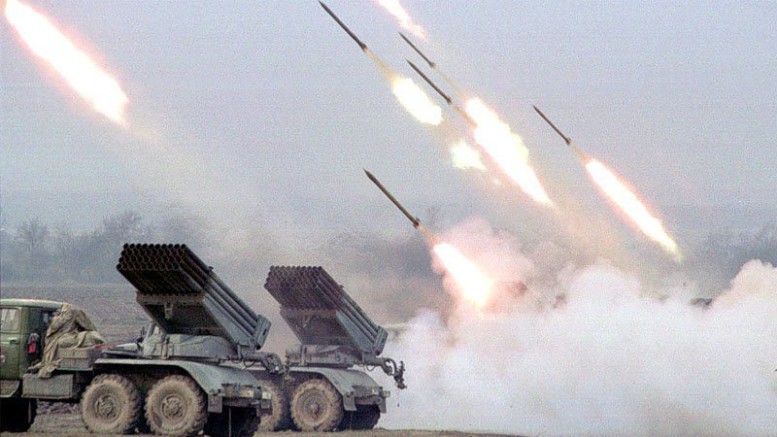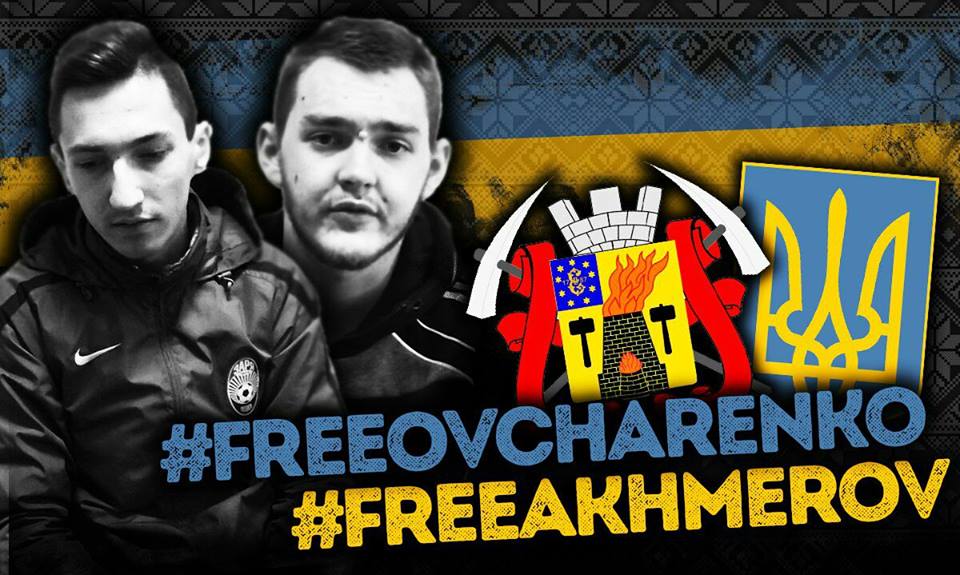The politics of "waiting out" the war that has been adopted by the European leadership reveals the fear and inability of the current generation of European politicians to make responsible decisions.
The statement by the German Minister of Foreign Affairs Frank-Walter Steinmeier, who recommended that the US refrain from supplying weapons to Ukraine, has already caused amazement, disillusionment and outrage in Ukraine.
"There is no military solution to this conflict. I tell this to my American friends who are considering the possibility of supplying weapons. This will lead to a greater number of deaths," Steinmeier said.
Of course we should not forget that the diplomat made this statement during the regional conference of the Social Democratic Party of Germany in Nuremberg and that the main audience, naturally, was composed of Steinmeier's fellow party members.
However, the tone adopted by Steinmeier does not differ much from the tone taken by Angela Merkel, who also managed to declare that the conflict in the east of Ukraine cannot be resolved by military means.
In fact, much the same (idea) was stated by the government of Czechoslovakia in the person of the Minister of Foreign Affairs Lubomir Zaoralek, who took his cynicism even further when he declared that "even if the negotiations fall through, we cannot say that we would send weapons." Translated from the Czech-diplomatic language this means that if the negotiations fail, Ukraine will face Russian aggression alone.
However, none of the peacekeepers offered any realistic or effective diplomatic mechanism to settle the conflict "that cannot be settled by military means." All limited themselves to calls for peaceful settlement. If every such call stopped a single Russian soldier, Putin would be without troops at the frontline.
It is more likely that the Europeans have decided to "wait out" (the war) on the backs of Ukrainians, limiting themselves -- with the exception of sanctions -- to sporadic financial aid and expressions of concern (during active hostilities) and sympathy (when separatists kill civilians deliberately without even advancing anywhere).
Brussels, together with Berlin and Paris, expects that sooner or later Russia's financial exhaustion will cool down Putin's aggressive passions and then he can be offered new cooperation on terms convenient for Europe. Meanwhile, the risks that the conflict will expand to an all-European war will be minimal.
On first glance, such a position might appear to be advantageous for Europe -- apart from its moral-ethical aspect and taken at a distance from the frontline, where the separatists, with whom it is possible to negotiate only by degrees, are gradually transforming two oblasts of Ukraine into a working model of Armageddon. In this fashion Europe comes out of the conflict with minimal losses. To realize such a model Europe is ready to support anti-Russian sanctions, arrange for periodic indoctrination of the next Orban (which incidentally Merkel was doing at the time of her speech on the need for pacifism on the Eastern front) and also to give Ukraine modest loans with no real hope for repayment. (Viktor Orbán is the pro-Putin prime minister of Hungary and president of the country's extreme-right ruling party Fidesz -- Ed.)
But this model has one huge disadvantage. It ignores the fact that reserves of strength for such a war -- material, financial and, most of all, psychological -- are being exhausted in Ukraine.
Because you can talk as much as you want about the heroic battle for the homeland. You can calculate at will the portion of salaries to be rendered in food and night goggles for those out THERE. By order of the General Staff, and repeated by Ukraine's president, you can forbid men to go out for kefir, beer or bread without permission from the military office -- thus ameliorating the difficult financial situation of the military commissars.
But the army cannot remain for years on checkpoints around Mordor (area of peril, darkness and evil -- Ed.) and only respond to the next shelling, provocation or sabotage. And, more generally, the army must advance. Or the war will be lost sooner or later.
And if this "great standstill" drags on for another year or two, everything will "collapse." Tired volunteers, bombed out checkpoints, the presidential standard lowered from its flagpole. Oh, and at the same time, European hopes for "buying peace." However, at that point this will no longer trouble us.
But what becomes the "endgame" for us, will be just the beginning of real problems for the Europeans -- in the Baltic States, in Poland, in the Balkans, and anywhere else. After demolishing the "rook" (chess piece -- Ed.) of Ukrainian defense, Putin will have the entire chessboard in front of him for further combinations.
Finally, it is possible to understand -- but not justify -- the German fear of war. They cannot forget what war is. The only problem is that the war has already started and is taking place no matter what it is called. And if there is refusal to fight in this war, there will be Anschluss (Hitler's annexation of Austria -- Ed.). Which can only be a prelude to the next, larger, war. Who should know this better than the Germans and the Czechs?





